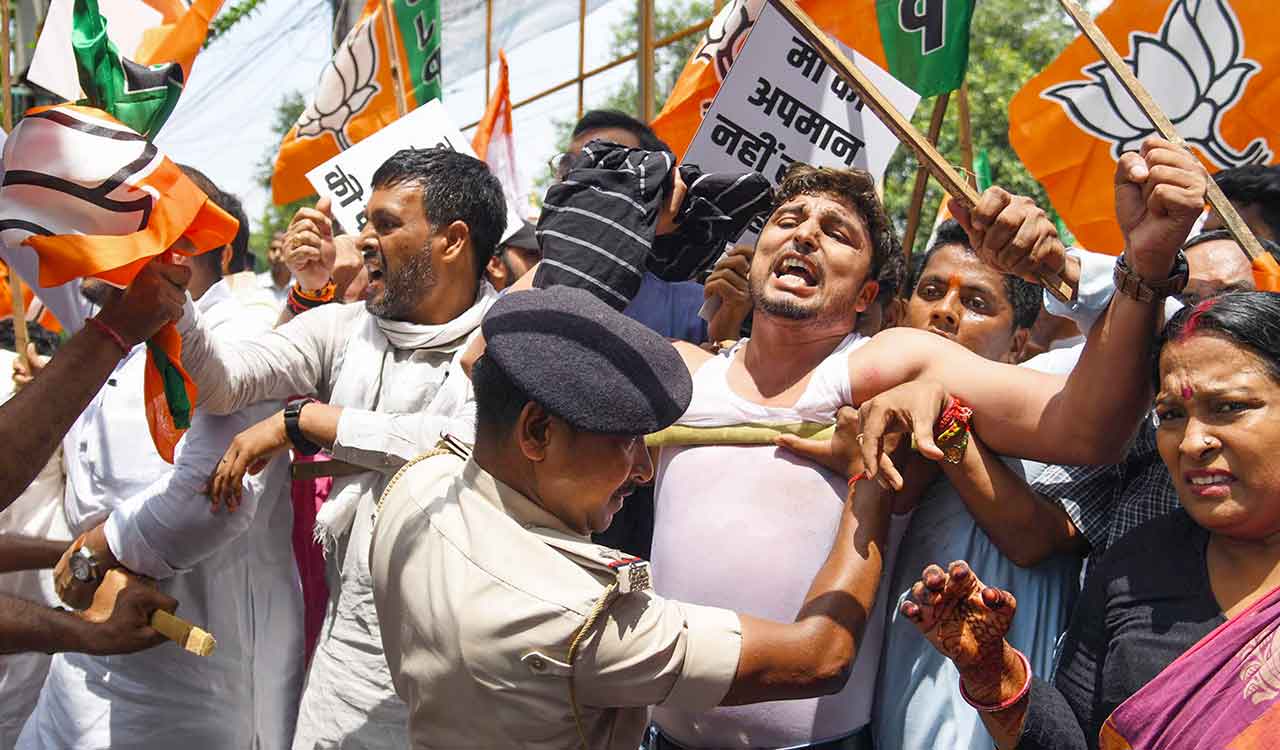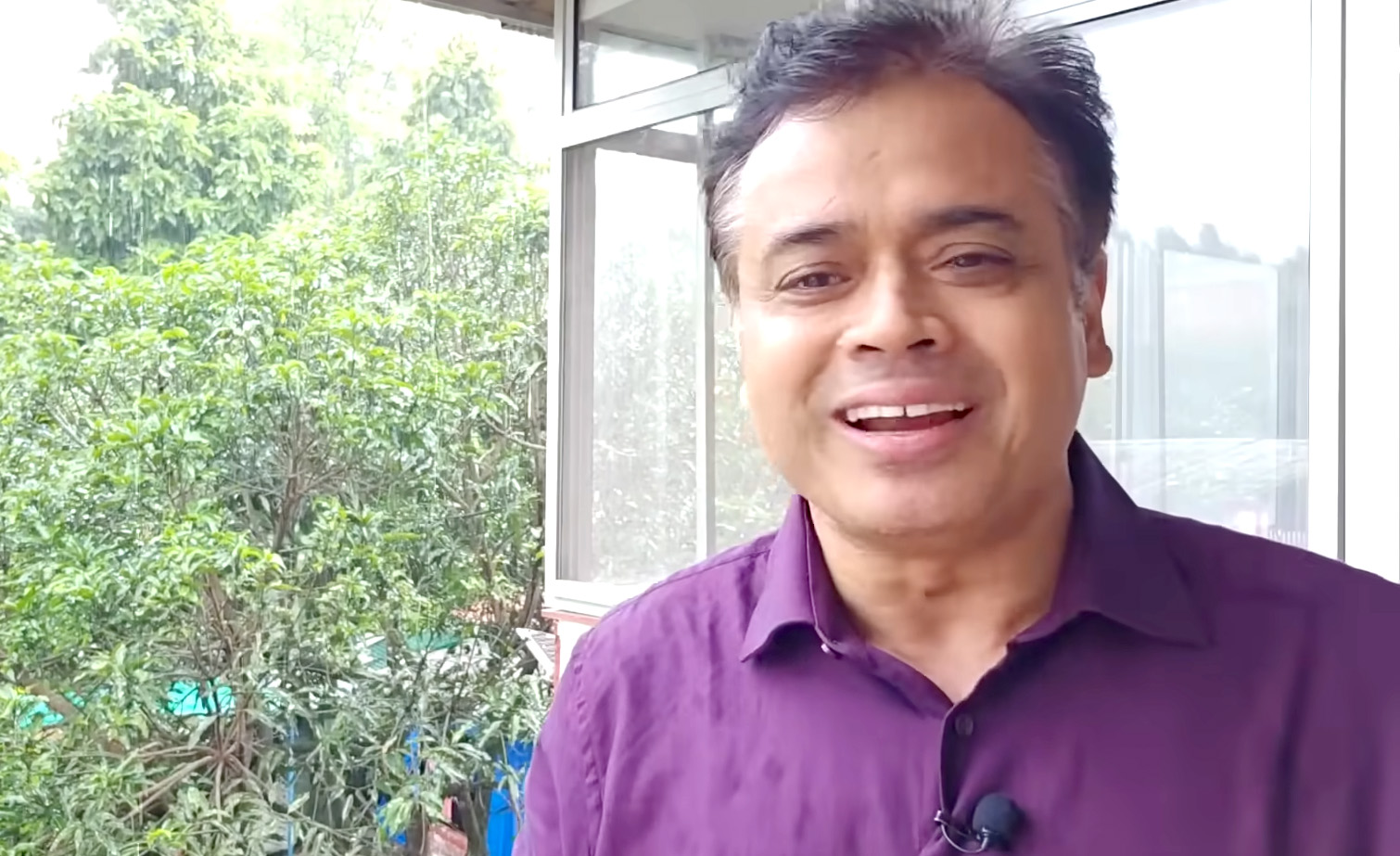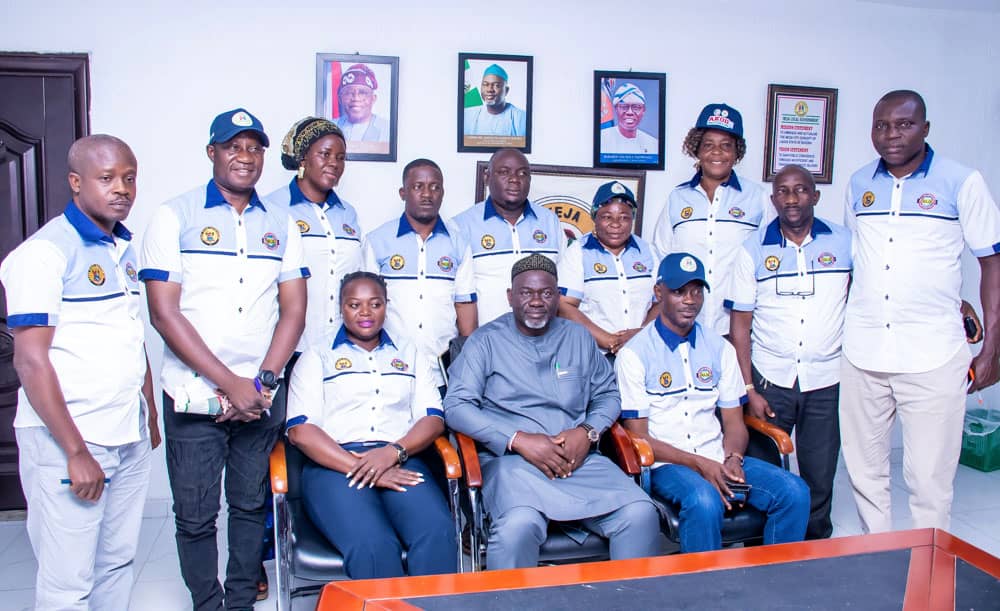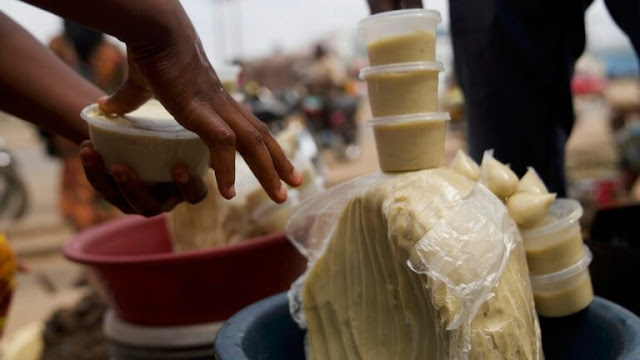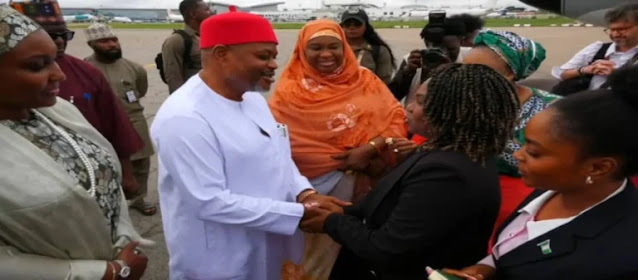The organisations expressed their deep concerns about the Public Notice issued by the 11 Village Councils of Nagaland, under the Bhandari Sub-Division. The notice, which restricts entry from Assam into Nagaland without prior written permission, has raised alarms among various groups in Golaghat, especially along the Assam-Nagaland border. The organisations argue that the notice undermines the values of peace and unity, which are crucial for the peaceful coexistence of communities living in border areas.
Following this, the Golaghat District Committee, comprising all the aforementioned organisations, passed a resolution demanding the immediate withdrawal of the Public Notice by 1st September 2025. The committee stated that failure to withdraw the notice would compel them to take appropriate actions to safeguard their interests and preserve harmony in the region.
In a statement, the President of Golaghat District Committee of ABSU emphasized that the failure to resolve the matter could lead to serious consequences, further escalating tensions in the already sensitive border area.
Earlier this week, in a sharp escalation of border tensions, the 11 Village Councils of Nagaland issued a public notice banning entry to people from Assam without prior written permission. The notice, which comes amid ongoing eviction drives in the Rengma Reserve Forest, a disputed area along the Assam-Nagaland border, has sparked significant controversy.
The village councils—including Suphayan, Roni Old, Roni New, Lio-Wokha New, Pangtong, Khumchoyan, Longjung, Hayiyan, Yenchu, Serika, and Tongti—cited “repeated instances of conflict and disturbances” as the reason for the restrictions. Effective from 1st September 2025, the notice prohibits several activities, including cattle grazing, the collection of forest products, and hunting by “outsiders.” The notice also warns of fines up to Rs 50,000 for violators, and strictly prohibits the carrying of firearms, drugs, or engaging in activities like gambling, immoral actions, and unauthorized picnics.
Additionally, the notice mandates that all visitors from Assam must obtain prior written permission from the concerned village authorities along with a valid Inner Line Permit (ILP). The village councils have sent copies of the notice to both the police and administration on both sides of the border.
The decision to issue such a notice has been met with mixed reactions, with some Assam villagers seeing it as a protective measure by Naga villagers to safeguard their boundaries in light of ongoing eviction efforts by the Assam government. This tension is further exacerbated by an incident on August 15, where three men from Merapani in Assam’s Golaghat district were reportedly assaulted by Nagaland villagers while picnicking in Nagaland territory. The men were allegedly asked to produce permits and identification, heightening the sense of insecurity among locals.
The escalating tensions have begun to affect the cooperative efforts between Assam and Nagaland, with a joint plantation drive in the Uriamghat area recently postponed after consultations between the Deputy Chief Minister of Nagaland, Y Patton, and Assam’s Forest Minister, Chandra Mohan Patowary. Both leaders agreed to delay the initiative pending further discussions.
In addition, a group of three Nagaland village councils, along with leaders from two Assam villages, issued a seven-day ultimatum for illegal immigrants to vacate their areas, further complicating the situation.
As tensions rise, villagers from Uriamghat and nearby areas are calling for immediate dialogue between the two states to resolve the conflict. “The actions of the Nagaland village councils highlight deep-seated tensions. It is evident that a peaceful resolution can only come through open dialogue and understanding between Assam and Nagaland,” said a local villager from Uriamghat.



